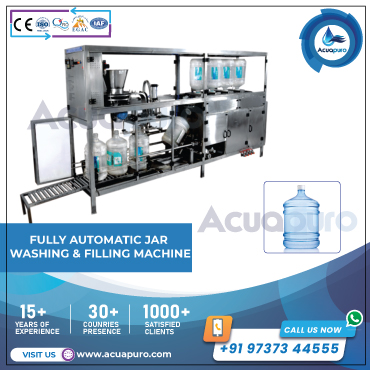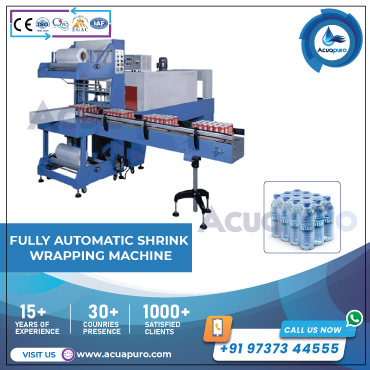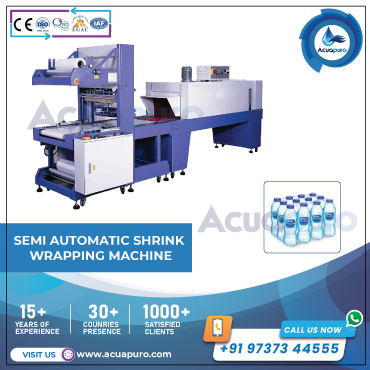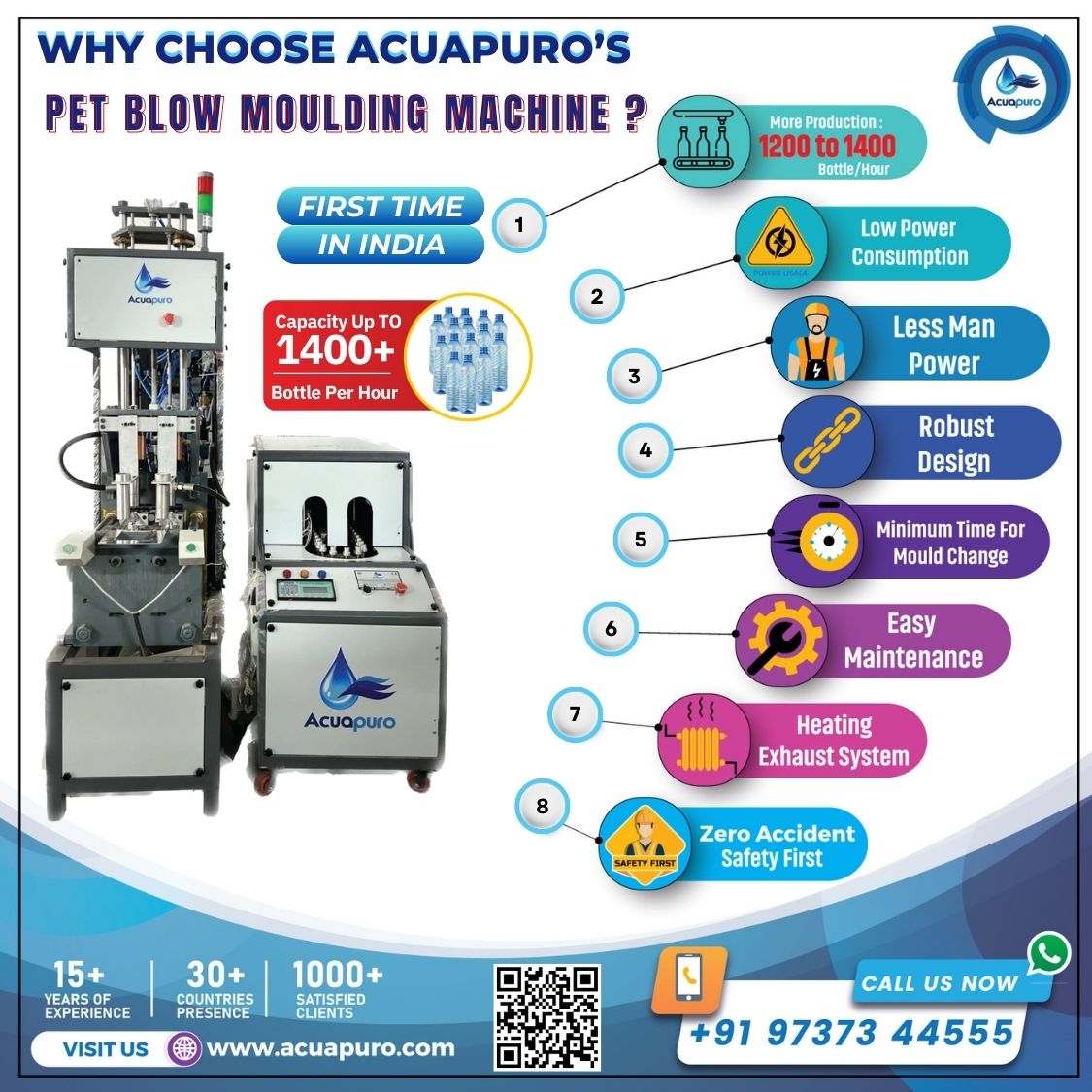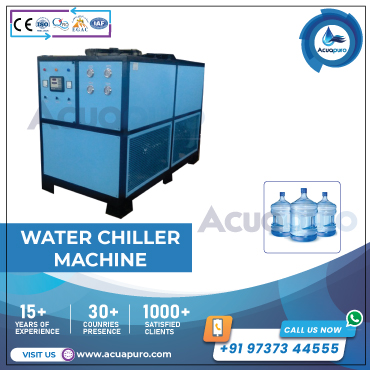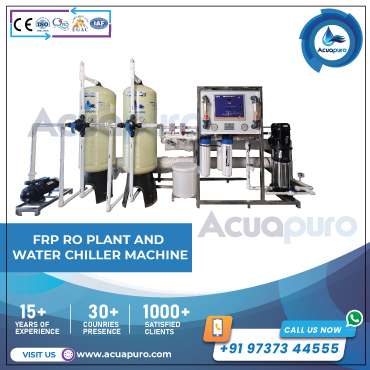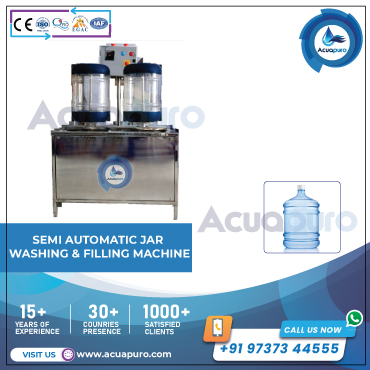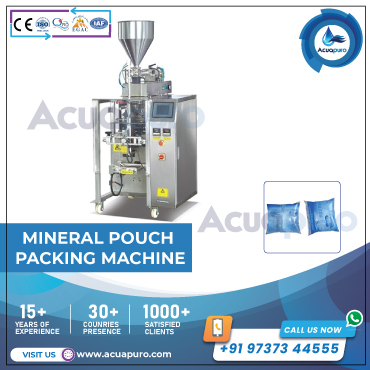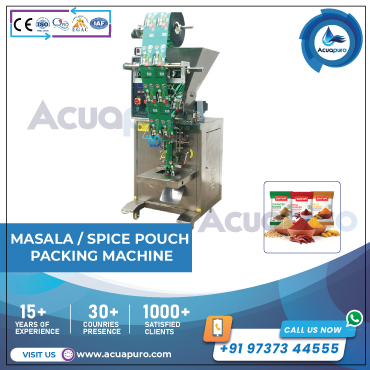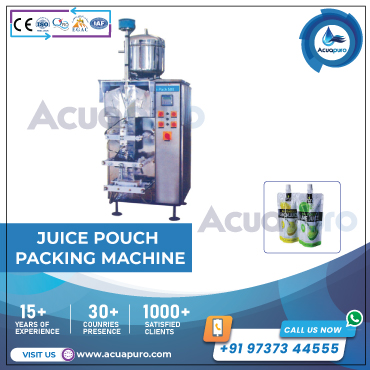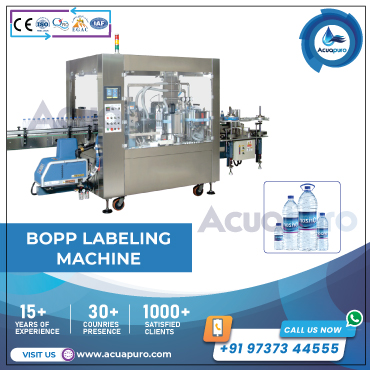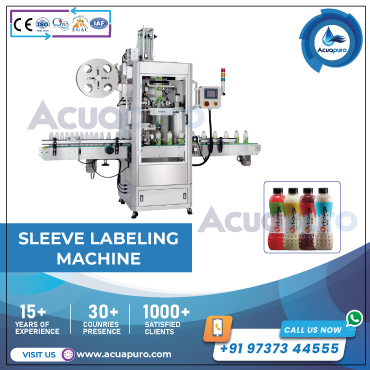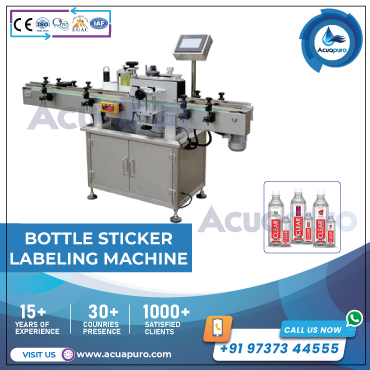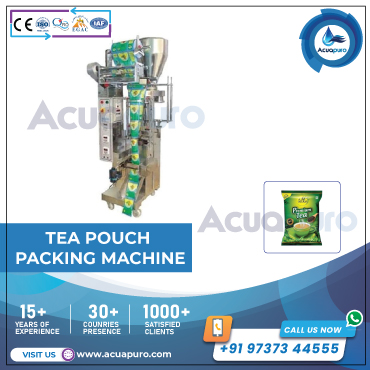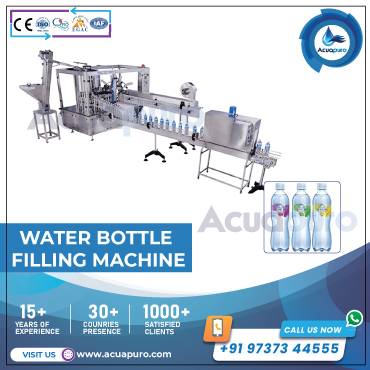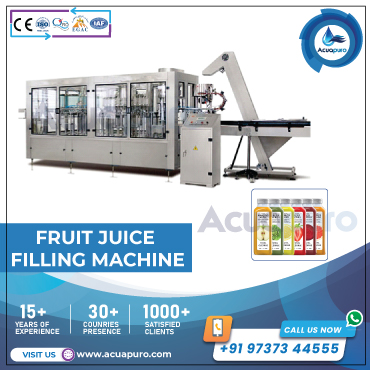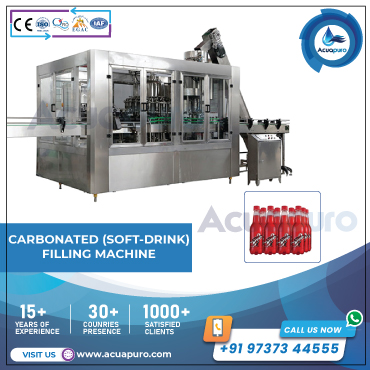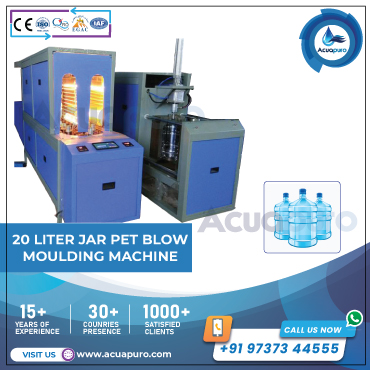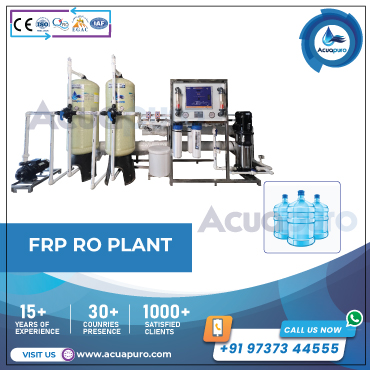Overview of the most Business FAQ – Frequently Asked Questions regarding the of Water Treatment Plants, Bottle Filling & Mapping Machines, Pet Blow Molding Machines, Labeling Machines, and Shrink wrapping Machines and Etc to Acuapuro Water Equipment India.
FAQS - For Business
What is Natural Mineral Water?
Natural mineral water is water from natural sources that are packaged close to the source and meets the specified quality standards without any processing.
What is Packaged Drinking Water?
Packaged drinking water uses water from any source which has to be treated and disinfected, a process that could involve filtration, UV or ozone treatment, or reverse osmosis (RO) before it is fit for human consumption.
What are the basic requirements for setting up a packaged drinking water plant?
There are mainly 4 sections in a packaged drinking water plant: water treatment, bottling, quality control (lab), and overall utility.
Generally, a standard 2000 LPH packaged drinking water plant needs:
- Total space: 2500 Sq. Ft built-up area with 2000 Sq. Ft of covered area
- Power: 65 HP
- Raw water: Approximately 3000 LPH of raw water of which 70 % will be used and 30 % will be rejected. This is, however, an indicative quantity as it will depend on the TDS (Total Dissolved Solids) of the raw water.
- Project cost: INR 40 Lacks approximately which includes the cost of machinery, utilities, furniture, etc. (Note – the cost was approximated).
What is the price of mineral water and packaged drinking water?
According to market sources, a liter of Packaged Drinking Water is Rs. 15-20 while Natural Mineral Water starts at about Rs 30 a liter and availed up to Rs 150.
How much of water is used to produce a liter of bottled drinking water?
According to the International Bottled Water Association, it takes on average an estimated 1.39 liters of water to produce a liter of bottled water.
Is the packaged water market in India regulated?
The following licenses/ approvals are to be obtained for setting up a packaged drinking water plant in India:
- Small scale industries registration
- ISI certification from the Bureau of Indian Standards (BIS)
- Pollution control certificate (Optional)
- Water test report from an authorized laboratory of raw water
- Pest control certification
- Certificates from chemist, microbiologist
- Medical certificates for workers
- No objection certificate (NOC) from Gram Panchayat, if applicable
- Registration of trademark
- Documents related to ownership of land/lease of land for setting up the plant
- Memorandum of association of companies/partnership deed, if applicable.
- Electrical load sanction
- Sanction layout plan
What types of licenses/approvals are required in INDIA?
The following licenses/ approvals are to be obtained for setting up a packaged drinking water plant in India:
- Small scale industries registration
- ISI certification from the Bureau of Indian Standards (BIS)
- Pollution control certificate (Optional)
- Water test report from an authorized laboratory of raw water
- Pest control certification
- Certificates from chemist, microbiologist
- Medical certificates for workers
- No objection certificate (NOC) from Gram Panchayat, if applicable
- Registration of trademark
- Documents related to ownership of land/lease of land for setting up the plant
- Memorandum of association of companies/partnership deed, if applicable.
- Electrical load sanction
- Sanction layout plan
Is the packaged water market in India regulated?
Yes, it is compulsory for all the manufacturers who intend to set up processing units, to obtain the ISI mark from the Bureau of India Standards. Packaged Natural Mineral Water is governed under IS: 13428 and Packaged Drinking Water governed under IS:14543.
Can one apply for the ISI mark and commence production?
No. Unless the official inspection of the plant, tests in an independent lab are carried out and official approval with license number is obtained, the unit cannot commence commercial production.
Is having an in-house laboratory compulsory?
Yes, such a lab should be equipped to carry out all physical, chemical, and micro biological tests prescribed as per IS: 3025, and has to be conducted by expert chemists / micro biologists.
Is having a change room compulsory and want will be the size of that?
Yes, As Bureau of India Standards Change room must be there on premises, where employee wears mask and cap and the size of the room will be 4 x 5 Sq Ft.
Which machineries are required for start up this business?
Apparently, machinery and other essential accessories are one of the needful requirements for starting a mineral water plant. Those who have enough budgets can easily buy machines and accessories. However, those with a low budget can take such stuff on a lease.
Below we have enlisted a few items that you can consider for setting up your water plant:
- Water treatment Plant with UV and Ozonator (For Purified the Raw water and extend the shelf life of water)
- Chemical and Biological Laboratory (For water Testing as Per Government Norms)
- Blow Molding Machine (To Blow the bottle from Preform)
- Bottle filling machines (For Fill the Empty bottle)
- Labeling Machine (For Stick the Label on the Bottle)
- Inkjet Batch Coding (For mansion the Price and date on the Bottle)
- Shrink Packing (For Pack the Bottle into the different size of Plastic packets)
For more information about this project and machinery contact us on +91-9737344555. We will provide the turnkey solution for the Packaged drinking water plant.
Why does bottled water vary in taste?
Naturally sourced bottled waters have different concentrations of minerals in them, depending on the geology of the land that they come from, which gives each bottled water a unique taste.
Can I reuse the plastic bottles for storing water?
Single-use plastic water bottles are not designed for re-use. In the interest of hygiene and consumer safety, it is not advisable to re-use single-use bottles for storing water. However, they can be reused for other purposes like planters, drip irrigation, etc.
Is it safe to consume water packaged in plastic bottles?
The plastic material used to contain naturally sourced bottled waters found on supermarket shelves is made of PET (Polyethylene terephthalate) and is completely safe.
Is it permissible to run a soft drink unit and bottled water unit from the same premises?
No. Since the ingredients to be utilized in soft drinks [sugar and flavor] are likely to contaminate the surroundings and equipment, it is neither advisable nor permissible to operate the same units out of one place.
Steps involved in packaged drinking water production
- Identify the source of raw water – This is the first step in which you will decide about the source of water that you will use in the production of packaged drinking water. The source of water could be boring well water, municipal supply, or other sources in which treatment is possible.
- Store raw water – The next process is to store raw water in a raw water storage tank with the help of a pumping system. A submersible pump could be used in case of bore well water.
- Water treatment system – In the water treatment process, we use the water softening process, reverse osmosis (RO), UV sterilization, and Ozone disinfection.
- Testing of water – In this process, we test purified water in a house water testing laboratory. In the laboratory, water is tested for microbiological and chemical parameters.
- Purified water storage (Bottles/Jars) – Production machinery is required to blow bottles and pack purified water in them. Similarly, machines are available for storage in jars and bottles.
Ask Your Questions
For more information about Water Treatment Plants & Machinery contact us on +91-9737344555 or mail us at info@acuapuro.com. We will provide the Turnkey Solution for the Packaged Drinking Water Plant.


